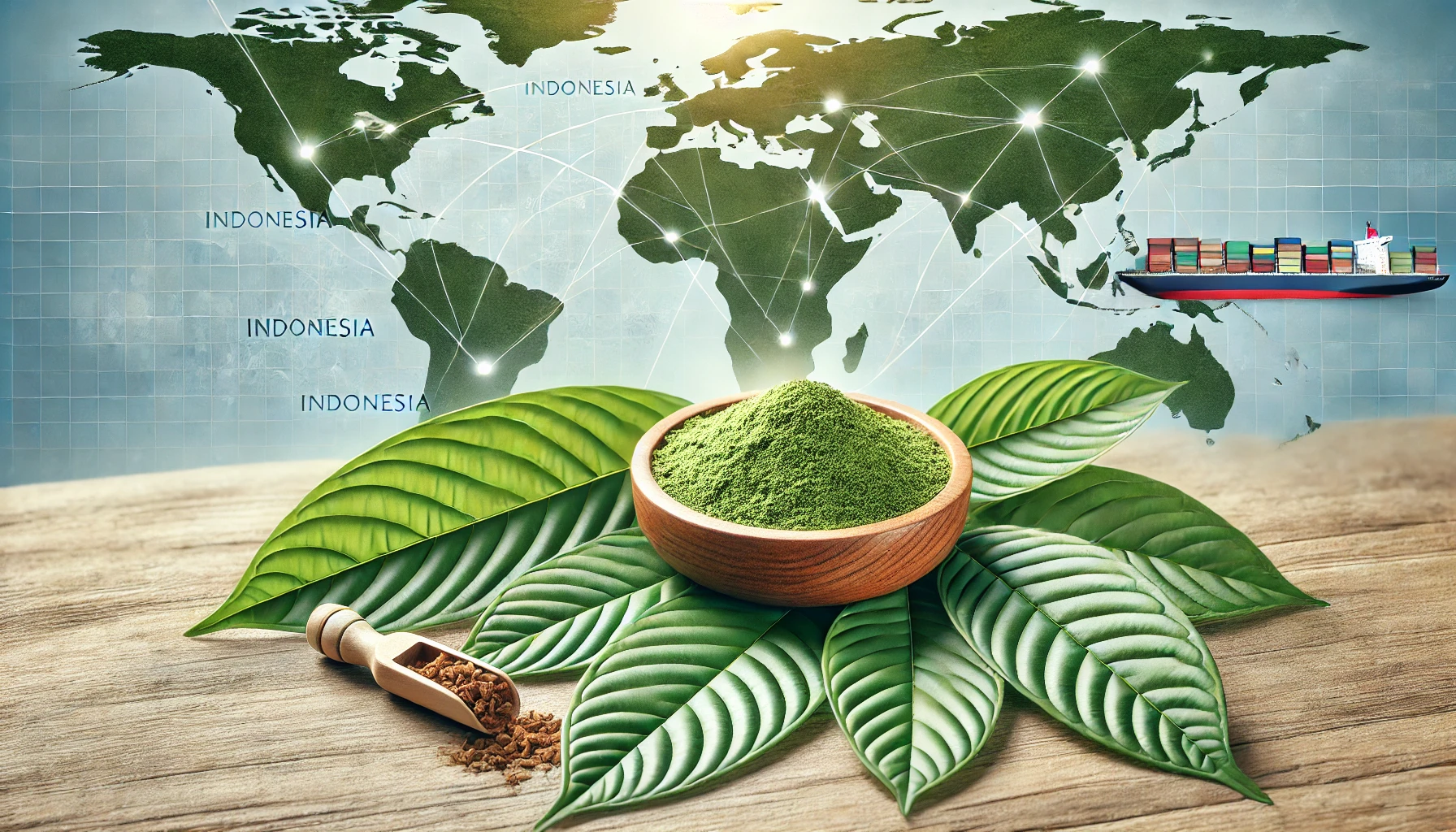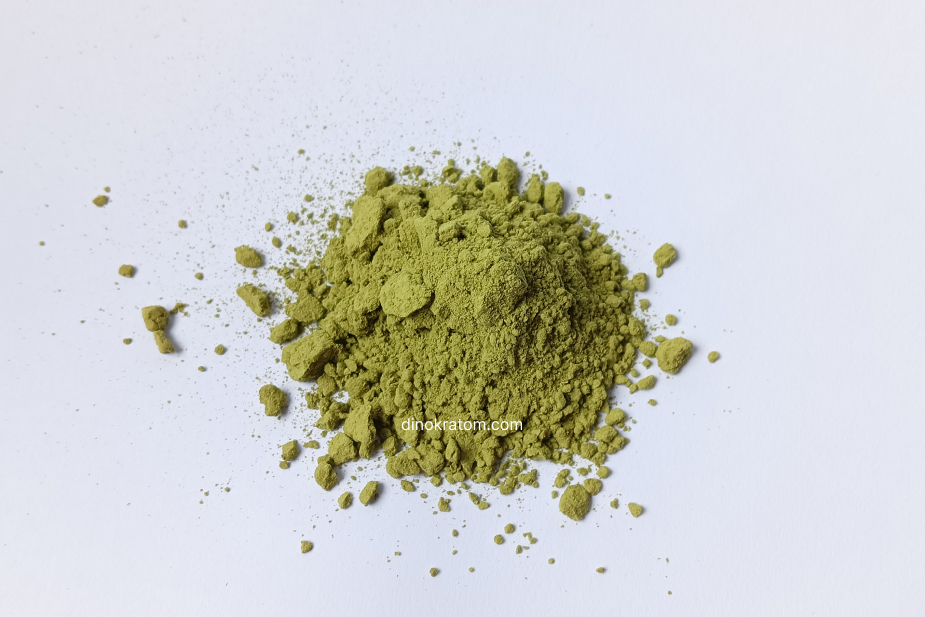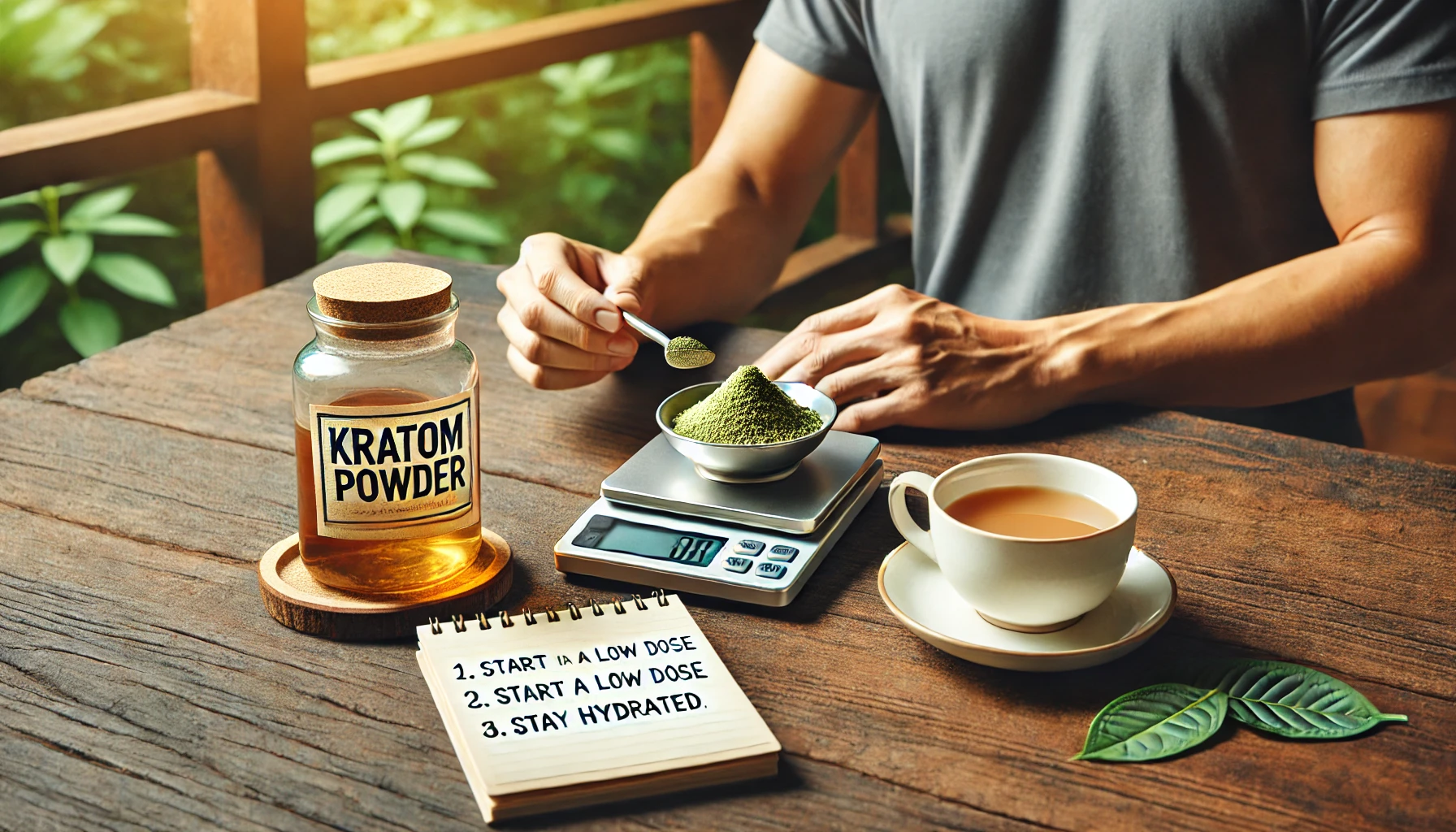Indonesia's New Kratom Trade Regulations: Boosting Export Potential
Indonesia has implemented new kratom trade regulations through two ministerial decrees that govern the handling, utilization, and export-oriented trade of this plant.
Official Implementation of Kratom Trade Regulations
As of Tuesday, September 9, 2024, Indonesia's Ministry of Trade has enacted two regulations overseeing the handling, utilization, and export of kratom, a plant abundantly found in Kalimantan. These regulations, signed by the Minister of Trade, aim to formalize the export procedures for Indonesia's "green treasure," widely recognized in global markets. Initially used by local communities as a traditional herbal remedy, kratom has evolved into a high-value commodity due to rising international demand.
Kratom's Traditional Uses and International Demand
Mitragyna speciosa, commonly known as kratom, has been traditionally used by Kalimantan communities as a natural remedy for pain, fatigue, and various health issues. As international demand surged, especially from markets like the United States and Europe where kratom is utilized for medicinal and health purposes, local communities began harvesting and selling kratom leaves, recognizing its escalating economic value.
Production Capacity in West Kalimantan
West Kalimantan, particularly Kapuas Hulu Regency, stands as Indonesia's largest kratom-producing region. The plant thrives in the wild, and in recent years, local farmers have started cultivating it to meet export demands. Kratom is often processed into powder or extract form and exported for use in health supplements, natural pain relievers, and as an alternative to opioid treatments in certain countries. International kratom prices vary based on quality and product form, with powder averaging between USD 30 to USD 50 per kilogram and high-concentration extracts reaching up to USD 100 per kilogram.
Indonesia plays a pivotal role in the global kratom market, with production capacities estimated between 400 to 500 tons annually. A significant portion of this production is exported to the United States, a primary market for Indonesian kratom products. The continuous increase in demand has solidified kratom as a vital income source for local farmers, especially in the Kalimantan region.
Regulatory Framework for Kratom Export
Effective September 9, 2024, kratom trade is officially regulated under Minister of Trade Regulation (Permendag) No. 20 of 2024 and Permendag No. 21 of 2024. These regulations detail the specific kratom commodities permitted and prohibited for export. The decision to regulate kratom trade stringently resulted from an internal meeting led by President Joko Widodo on June 20, 2024, at the State Palace. Permendag 20/2024 lists the types and specifications of kratom commodities banned from export, while Permendag 21/2024 outlines those allowed for export.
Exporters are required to meet several conditions, including obtaining Registered Exporter (ET) status, Export Approval (PE), and submitting a Surveyor Report (LS) before trading kratom internationally. Director General of Foreign Trade, Isy Karim, emphasized that these regulations aim to ensure kratom trade aligns with healthy trading principles and to prevent misuse. "We hope that business actors can implement these Permendag regulations to enhance Indonesia's economy," stated Isy Karim on Monday, September 9, 2024.
Kratom Exclusively for Export
The government explicitly designates kratom for export purposes only, prohibiting domestic consumption. This measure seeks to protect the public from potential misuse of kratom, which, despite its medicinal benefits, can have adverse effects if improperly used. Isy Karim affirmed that the government will tighten supervision of kratom trade to ensure proper implementation of these regulations. With clear guidelines in place, the kratom business is expected to continue its growth trajectory.
As a leading producer, Indonesia aims to leverage this opportunity to boost exports and support local economies, particularly in Kalimantan. Strict trade regulations are anticipated to enhance the quality of Indonesian kratom in global markets, strengthening the commodity's competitiveness. These trade regulations also provide clarity for kratom farmers, offering official guidance in managing their businesses, with the prospect of improved welfare through more structured and monitored kratom exports. With substantial opportunities in international markets and supportive government policies, kratom is poised to become one of Indonesia's flagship commodities in the coming years. The "green treasure" from Kalimantan is now prepared to venture into global markets with a more robust and directed approach.




